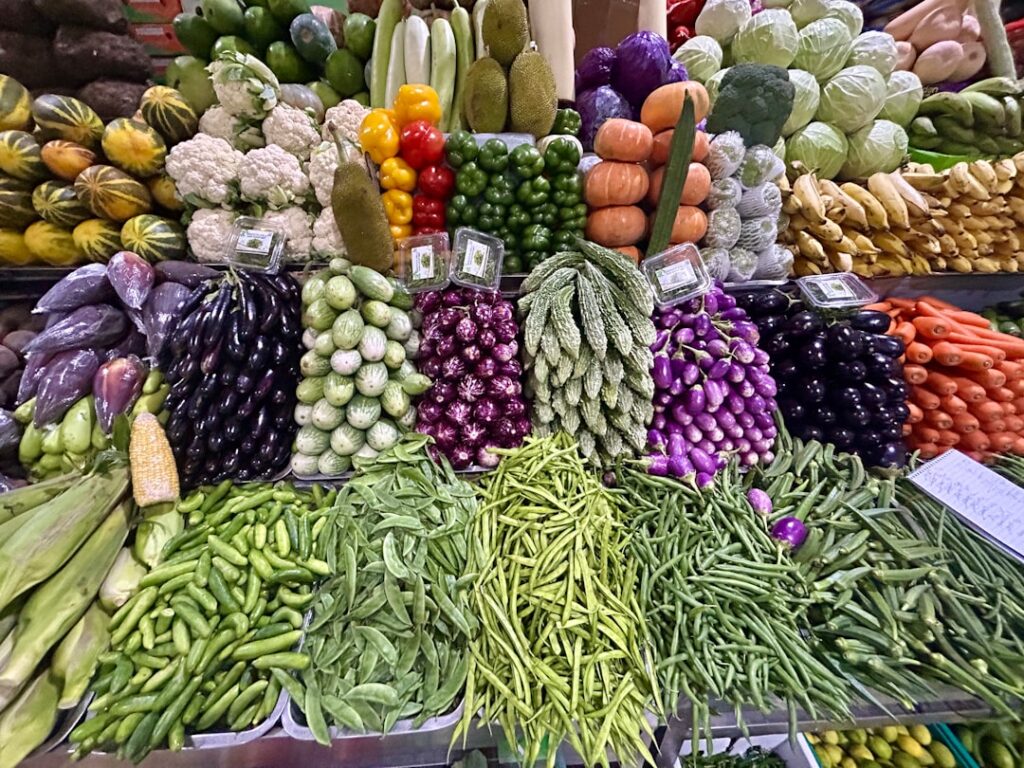Many people acknowledge the importance of fruits and vegetables, yet struggle to incorporate sufficient quantities into their daily diets. This isn’t simply a matter of willpower; common misconceptions and logistical barriers often stand in the way. This article will address these obstacles with a data-driven approach, offering practical solutions backed by scientific evidence.
Myth #1: “Fruits and vegetables are too expensive.”
While certain organic or specialty produce can be costly, a significant portion of the population can access affordable options. Studies by the USDA show that a substantial percentage of the food budget is allocated to processed foods, often less nutrient-dense and more expensive per calorie than fresh produce. Strategic shopping, such as buying seasonal produce in bulk or utilizing frozen options which retain much of their nutritional value, can significantly reduce costs. Planning meals around affordable vegetables like carrots, potatoes, and leafy greens further helps control expenditure.
Myth #2: “I don’t have time to prepare fruits and vegetables.”
Time constraints are frequently cited as a barrier. However, pre-prepared options are readily available. Frozen fruits and vegetables require minimal preparation and are nutritionally comparable to fresh produce. Furthermore, simple preparation methods like washing and chopping vegetables on the weekend and storing them in containers for quick access throughout the week can alleviate this issue. Even small changes, like adding a handful of berries to your morning cereal or incorporating chopped vegetables into your omelet, can significantly increase your daily intake.
Myth #3: “I don’t like the taste of vegetables.”
Taste preferences are subjective, but often influenced by exposure and preparation methods. Many people who claim to dislike vegetables have only experienced them cooked in unappealing ways. Experimentation is key. Roasting vegetables enhances their natural sweetness, while incorporating them into smoothies or stir-fries can mask less desirable flavors. Starting with vegetables you already enjoy, and gradually introducing new ones, can significantly improve palatability. Adding herbs, spices, and healthy fats can also boost flavor profiles.
Myth #4: “I’m already eating healthy enough.”
Many individuals underestimate their actual fruit and vegetable intake. The recommended daily intake, often stated as 5-9 servings, is frequently not met. Tracking your consumption for a week using a food diary or app can reveal surprising gaps. Research consistently links higher fruit and vegetable consumption to lower risks of chronic diseases, including heart disease, type 2 diabetes, and certain cancers. Small increases in intake can still lead to substantial health benefits.
Practical Strategies for Success:
- Plan your meals: Incorporate fruits and vegetables into your meal planning to ensure their regular inclusion.
- Stock your pantry: Keep canned, frozen, and dried fruits and vegetables readily available.
- Snack strategically: Choose fruits, vegetables, or vegetable-based snacks over processed options.
- Make it visible: Keep fruits and vegetables easily visible in your kitchen to remind you to eat them.
- Experiment with recipes: Try different cooking methods and flavor combinations to discover what you enjoy.
- Gradually increase intake: Don’t try to drastically change your diet overnight. Start with small, sustainable changes.
Overcoming the perceived barriers to increased fruit and vegetable consumption requires a mindful and strategic approach. By debunking these common myths and adopting practical strategies, you can improve your dietary habits and unlock significant health benefits. The data is clear: a higher fruit and vegetable intake is a cornerstone of a healthy lifestyle. Start small, stay consistent, and enjoy the journey towards a healthier you.

